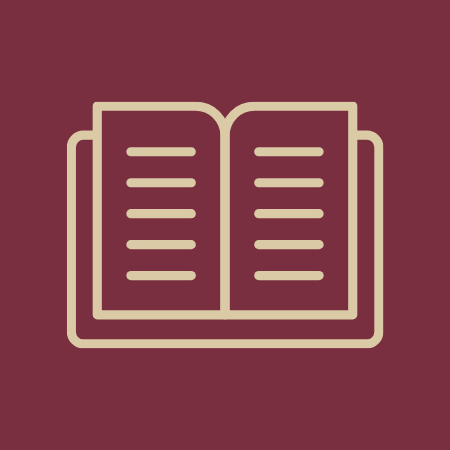"The EWM track provides students with a wonderful opportunity to explore and create innovative media. For majors, I would encourage you to learn as much as you can about the exciting theories of media and visual culture that provide critical frameworks for your studies. For topics ranging from on-line publishing to television narrative, ideas about media and storytelling can help ground your analysis." -Dr. Leigh Edwards, Media Studies
The Editing, Writing, and Media (EWM) major emphasizes the production, analysis, and interpretation of a wide range of historic, contemporary, academic, and everyday texts. With coursework ranging from the history of print and illustrated manuscripts to the contemporary production and circulation of digital texts, EWM engages students in praxis, the process of enacting theory, knowledge, and skills. The EWM major is appropriate for students interested in pursuing graduate studies as well as those interested in careers in law, writing, publishing, and electronic media. The EWM major aims to prepare students for leadership roles, whether as intellectuals pursuing advanced degrees in book history, rhetoric, and critical theory or as tech-savvy professionals equipped with editorial expertise and writing skills.
The EWM major is appropriate for students interested in pursuing graduate studies as well as those interested in careers in law, writing, publishing, and electronic media. The EWM major aims to prepare students for leadership roles, whether as intellectuals pursuing advanced degrees in book history, rhetoric, and critical theory or as tech-savvy professionals equipped with editorial expertise and writing skills.
The Major: Four Components
1. Core Requirements (12 credit hours): These courses provide a foundation for the major. Together, they offer methods for understanding the world through the nature and function of the texts circulating within it.
- Introduction to English Studies
- Rhetoric: offers historical and contemporary conceptual frameworks for studying culture, texts, and technologies.
- Writing and Editing in Print and Online: focuses on composing and editing practices in a variety of platforms, print, digital, and networked.
- History of Text Technologies: provides an introduction to the changing technologies of textual production in cultural contexts.
Together, these three courses offer methods for understanding the world through the nature and function of the texts within it.
2. Advanced Requirements (9 credit hours): These classes build on the knowledge and practices introduced in your core requirements. From a menu of course options, choose three courses (9 credits) such as the history of illustrated texts, advanced writing and editing, rhetorical theory, editing practice, contemporary publishing, and visual rhetoric.
3. Electives (12 credit hours) and Foreign Language Requirements
4. Internship: Complete an internship in editing and/or publishing to enact what you are learning in coursework in a professional setting.
EDITING, WRITING, AND MEDIA
Florida State University 405 Williams Building Tallahassee, Florida 32306-1580 Phone: 850 644 4231 Fax: 850 644 0811 Associate Chair for Undergraduate Studies, Dr. Rhea Lathan rlathan@fsu.edu

 Curriculum & Requirements
Curriculum & Requirements Course Descriptions
Course Descriptions Instructors
Instructors Editing Internship
Editing Internship EWM Abroad
EWM Abroad